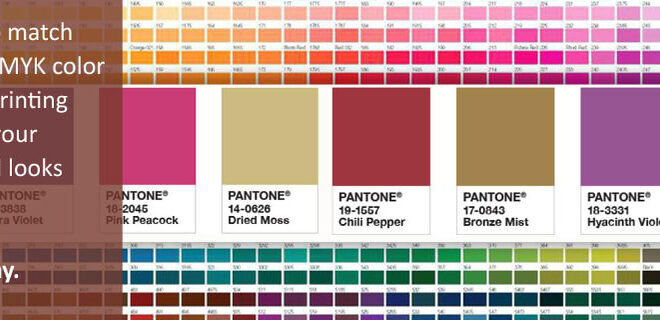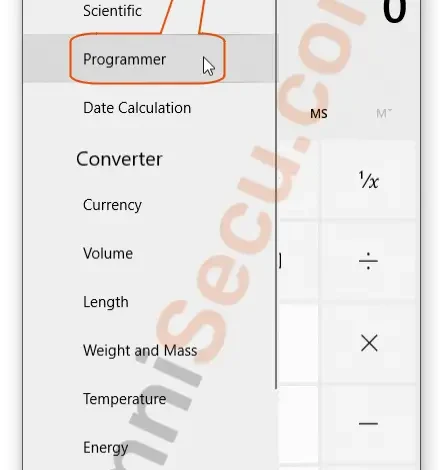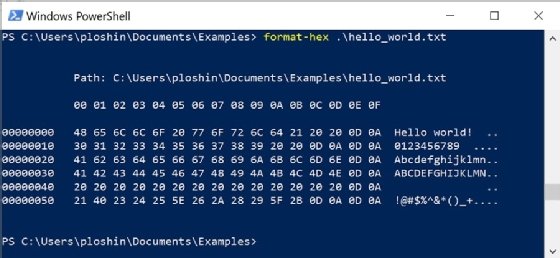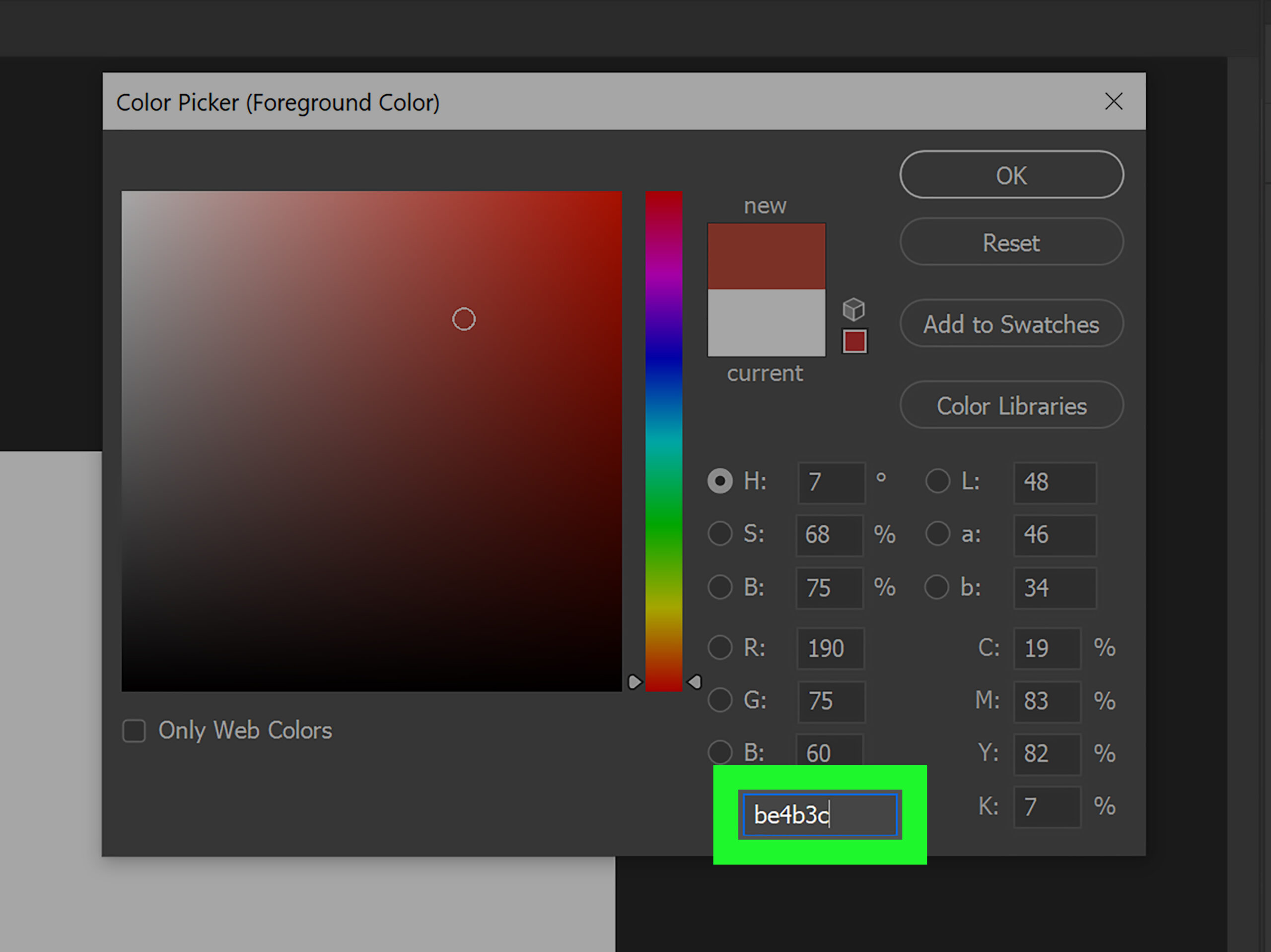
hex code value
Unlocking the Secrets of Hexadecimal Codes

Source: wikihow.com
Ever wondered how computers talk? They don't speak English (or any human language!), but instead use a special code. This code is hexadecimal. It's like a secret language between computers and humans!
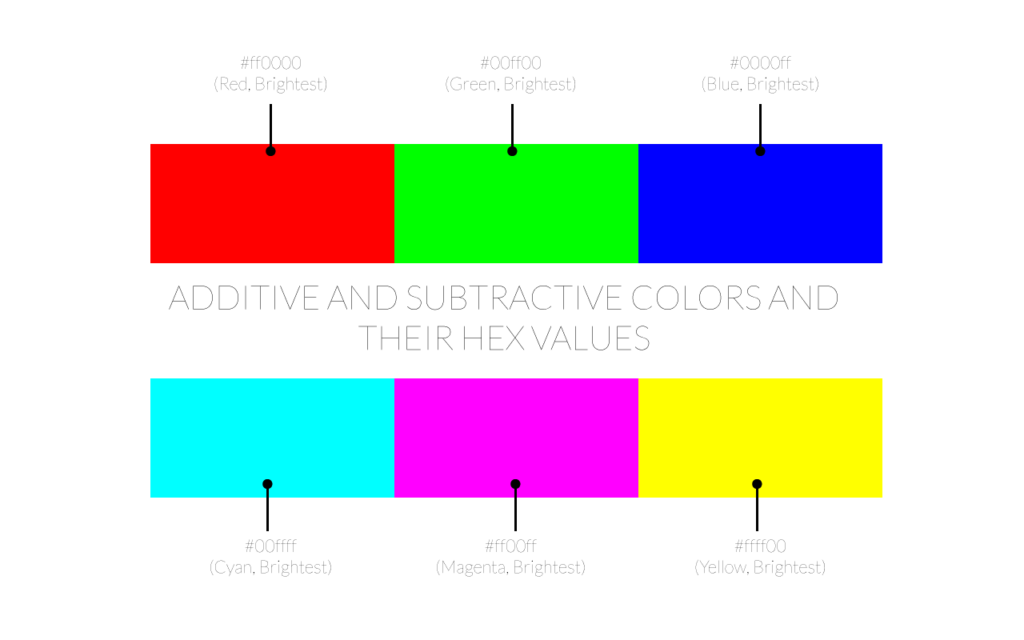
Source: ewebdesign.com
What is Hexadecimal?
Hexadecimal (often shortened to hex) is a way to represent numbers using 16 different digits. Think of it like this: we use ten digits (0-9) for our decimal system, but hex uses sixteen (0-9, A-F). So A in hex is equal to 10 in decimal, B is 11, and so on. (A big deal!).
Why use Hexadecimal?
Humans find it easier to read and remember than super long strings of binary (1s and 0s). (Just imagine! Computers work on it!) Converting between hexadecimal and binary (those long lists of 1s and 0s) is quick. (Easy to use, I like it).
- Easier for humans to work with than long strings of 1s and 0s (binary).
- Helpful in computer programming and graphic design. (Really important tools!).
Where Do We Use Hexadecimal?
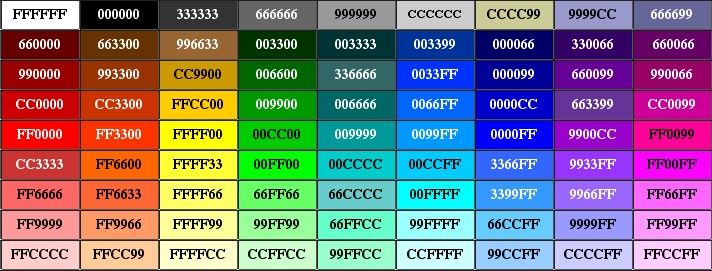
Source: htmlcolors.com
You might not notice it everyday, but you meet hex in:
- Website design: Colors on websites are often represented by hex codes. (Makes your site pretty).
- Computer programming: Many computer languages use hex codes. (A must-have!).
- Graphic design: It plays a huge role! (Design lovers!)
- Hardware specifications: Sometimes hardware parts, like GPUs or CPU, use hex values to give more information (Specs!).

Source: sstatic.net
Decoding the Hexadecimal Code
Now let's break it down step-by-step.
Converting Hex to Decimal: A Step-by-Step Guide
Let's learn how to change a hexadecimal number into a normal, human-understandable decimal number (for easy review, understanding and using):
- Identify the hexadecimal number: Say, for example, we have
A5. (Simple!). - Figure out the place values: Starting from the rightmost digit, we have the 1s place, then 16s, then 256s place, 4096, and so on. This is just like the decimal system (the one we normally use) (Very similar to what we do already.).
- Match up: A = 10 and 5 = 5 (We find decimal equivalent)
- Multiply and add: (A * 16) + (5 * 1) = 160 + 5 = 165 (Do the simple math to get final answer) (Just use simple math and get the answer!).
Converting Decimal to Hexadecimal: More Practice
Lets flip the script. Let’s turn a decimal number into a hexadecimal one:
Let's take 225 as our example number.
- Find the largest power of 16: We look for the largest power of 16 that is smaller than or equal to 225. The closest number to 225 would be
16^2=256, not fitting. If we go lower it would be16^1=16. (Always make the numbers simpler before we start the process.) - Divide: Now, let's do 225/16. The quotient gives us 14 (for example!) with a remainder of 1. (Get quotient!)
- Keep dividing (with the quotient.) Now let's do this 14 with the same procedure, dividing 14/16 (with remainders) we get a remainder of 14 or E! (14 as we get a 14 on our last one).
- Match: Now that we’re down to the simple ones, we’ve already gotten a number smaller than the next quotient. Now our last result should fit into our matching scale (E & 1). Let’s put together! From above our simple answer is 1,E. In hexadecimal, this becomes E1(For reference!)
What If You Can't Get The Numbers Right Away? A Quick Troubleshooting Tip
- Check your division. Be careful, division is the key for this process, check these!
- Use a converter. Plenty of online tools do the conversions quickly and effortlessly. (There are tools available.)
FAQs About Hexadecimal
- How are hexadecimal codes used in color display on a computer monitor? In a computer, a screen’s color (as in displaying a color) comes in combinations of light and dark to represent your desired shade, that can be shown as hex. Different values give unique colors.
- Why is hexadecimal used? Converting 1s and 0s in computer programing for displays into understandable terms like RGB color is difficult and makes working with the device harder. A hex system will solve the hassle!
- Are there any challenges related to using hex codes? Understanding different places like the ones place (1s, 2s) could make it hard for beginners if you are not sure of how these systems convert, and the possible numbers to remember to work it out.
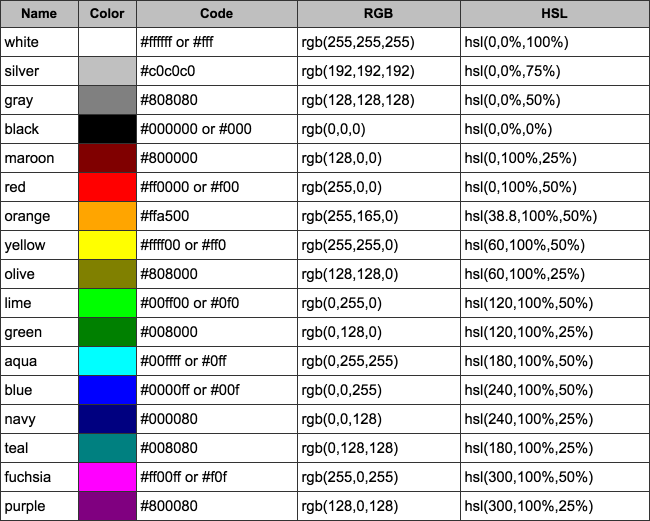
Source: color-hex.org
Exploring Related Concepts
Binary code works with only two symbols 1 and 0 to make everything possible on a device, these digits are called binary bits (a bunch of them!). Hex is often easier to look at though since the digits are simpler than long rows of 0's and 1's.
Your Next Step (In Using This Important Knowledge!)
Now that you’ve mastered hexadecimal codes, how can you use this skill in your own area of work or interests, say with creating different themes for a website? Start your project using simple code and try more complex ones after!
Remember: Hexadecimal is your secret weapon in the digital world. Learn it, use it, master it! (Now get working with those awesome new knowledge!).
